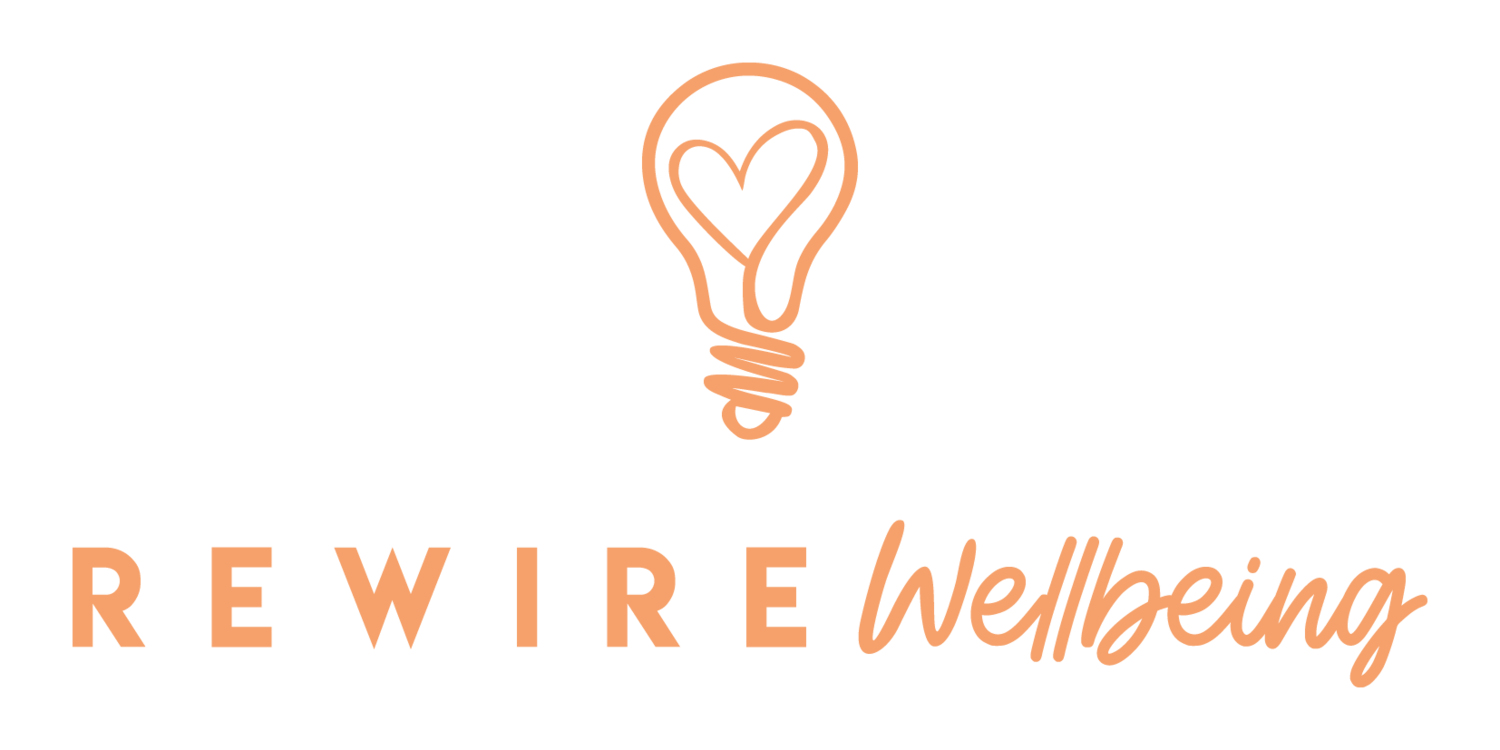The important link between self-love and your health
It might not be obvious at the start of your healing journey, however self-love proves to be foundational for health and happiness. If your goal is great health, it might be time to look at the most important relationship in your life, the one you have with yourself.
What does self-love even mean?
The way we treat ourselves is important, and what you say to yourself matters. As simple as this sounds, for many it’s easier said than done. People are often really good at being kind and compassionate towards others, yet struggle to show themselves the same level of kindness and acceptance.
What does it mean to be kind to yourself? It sounds like a simple thing, however working with health and chronic illness recovery, I find it consistently presents a challenge for many.
‘Loving yourself’ sometimes get miss-interpreted as being ‘full of yourself’ or ‘selfish’. It’s neither of these things. Self-love is actually about the quality of the relationship you have with yourself. It’s revealed in the way you treat yourself, how you speak to yourself, and the thoughts, feelings and beliefs you hold about yourself.
Self-love looks like being kind and compassionate towards yourself. It’s acknowledging and accepting yourself, treating yourself with respect, and supporting your own physical and emotional growth and wellbeing.
Without self-love…
Signs that indicate a lack of self love might look like:
Negative self-talk and beating yourself up
Being highly self-critical and judgemental
Neglecting your own needs because you don’t value yourself
People pleasing and perfectionism
Self sabotaging or making decisions which aren’t in your own best interest
Tolerating abuse or mistreatment from others
Self-love is the foundation that enables us to value and respect ourselves, allowing us to assert our needs, create strong boundaries, healthy relationships, practice self-care, pursue our goals and feel good about who we are. When you are kinder to yourself you also make better choices. This has a huge impact on your physical, mental and emotional wellbeing.
The science behind self-love and healing
If your internal environment is a place of harsh self-criticism, judgement, and stress, it’s going to make feeling safe and secure difficult, and healing very challenging.
The stress and pressure we place on ourselves has a significant impact on our body. When our threat response is activated, chemicals and hormones like cortisol and adrenaline are released which influences our physiology. Long-term activation of this stress response disrupts our body’s natural healing and immune function and can be linked to chronic illness.
Practising self-love and self-compassion switches off the threat response and activates the parasympathetic nervous system - our body’s natural state of safety and relaxation, allowing for regeneration and healing.
Being nice to yourself not only feels good, it’s good for you.
Self-love is a practice
In order to develop self-love, you don’t need to love everything about yourself; instead think about acknowledging and appreciating who you are. Celebrate your strengths and talents, and accept with loving kindness those parts you see as flaws or weaknesses. Allow yourself permission to be human. By building belief in our self-worth we learn to stop looking for external validation and nurture independent self-esteem from within.
Self-love is an ongoing and evolving practice for life. What might it look like?
Self-acceptance
Acceptance over self-criticism. Accepting your imperfections, who you are and where you are at in your life.
Forgiving yourself when you mess up. How do you respond when you make a mistake? Do you shrug it off or do you harshly criticise yourself?
Setting realistic expectations.
Self-esteem
Inner voice; saying positive and nice things to yourself and about yourself.
Acknowledging and valuing your feelings.
Recognising your strengths and noticing your progress and effort.
Self-worth
Respecting yourself, setting strong boundaries and prioritising your needs.
Trusting yourself. Develop this by honouring your commitments and your word.
Drop comparison with others.
Letting go of grudges or anger that holds you back.
Self-care
Asserting yourself and meeting your own needs.
Prioritising your health and wellbeing and make time for self-care.
Making healthy choices, choosing who you spent time with.
Self-awareness and discovery
Acknowledging yourself. Make a list of things you like about yourself.
Listening to yourself. Take a moment to pause, turn inwards and listen to your inner wisdom. What is that feeling or voice saying?
Pursuing your interests and goals. Recognising and doing the things that make you happy.
Where to begin?
Wondering what your level of self-love is? Start by noticing what you are saying to yourself. One of the most important questions you can ask yourself is, if you treated your friends like you treat yourself, would you have any? When you reflect on that, if you find that what you are saying to yourself isn’t very nice, then self-compassion and self-love is definitely a thing you want to look at.
One kind word is a good start. What you do consistently is what makes all the difference. It’s actually amazing what a few kind words to yourself can do. Getting support to help you get started can be life-changing, contact me and start heading in the right direction today.

